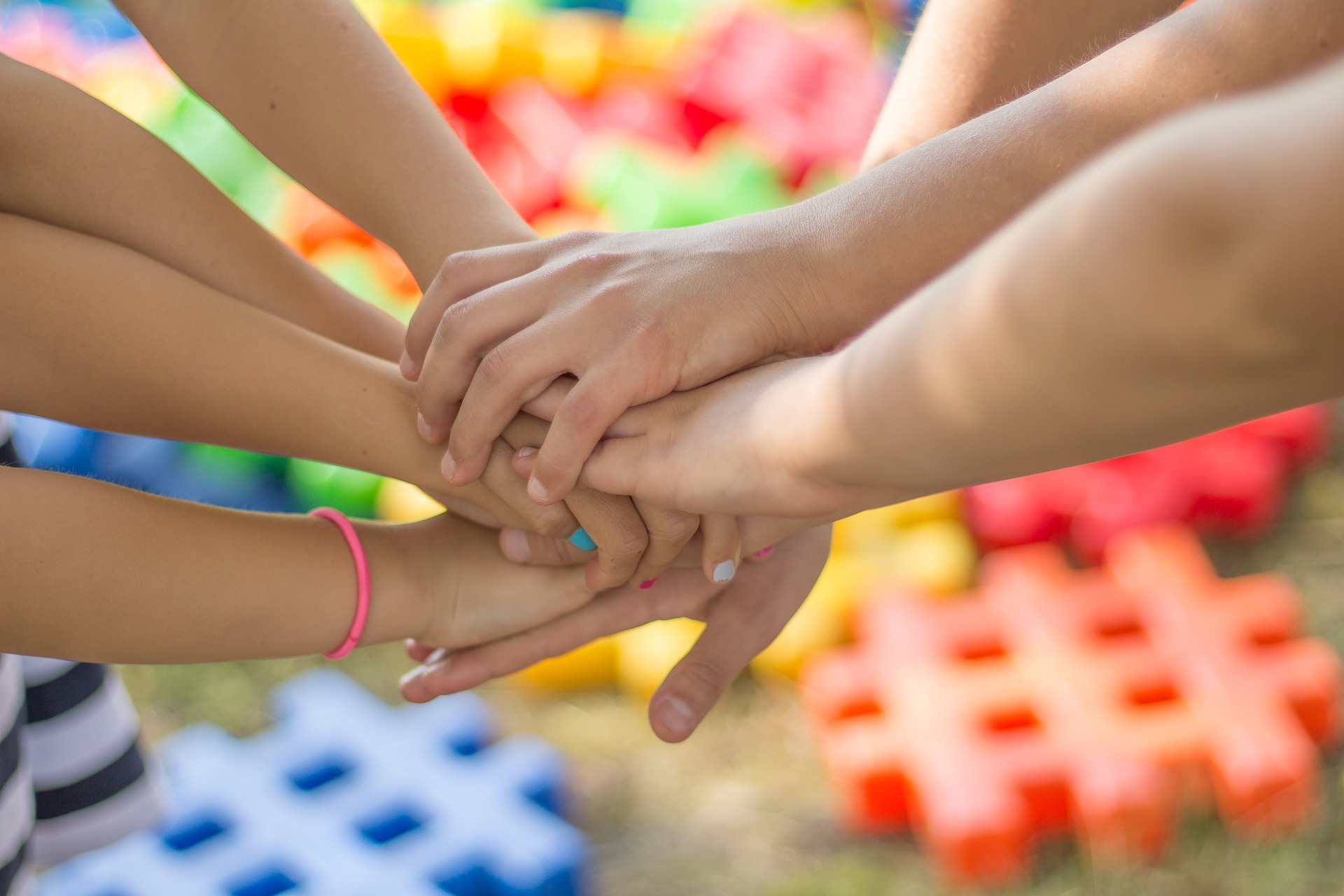This article is to remind us that laughing with your child is a healthy activity to do. It also teaches your child that humour is valued and that finding humour in life situations can be very mentally therapeutic. Some people have a natural disposition to see the world in lighter ways. For others, finding the lighter side to life can be learnt overtime.
We can all see the situation in different perspectives as with the glass half full or empty. However, to find the funny side of situations is an excellent way teach your child a strategy in coping with stress.
It is no coincidence that children gravitate around people who have a positive happy disposition. They are attracted to warmth in personality and humour.
As a parent we can sometimes become absorbed in the seriousness of the occasion. After all our role is to rear our children, provide for them etc. I would add to this that a parent’s role is also to teach strategies that enable a child to cope better when times are difficult. It is also about showing them that there is humour and lightness when sometimes everything seems out of control.
Teachers are very clever at selecting moments in class that bring spontaneous laughter to the classroom. This creates a climate in the room which is inviting and generally optimistic. It says to the children that we are a happy class. Mistakes happen and we move on seeing only the brighter side of the day. It also forms a great stop gap method of taking away built up tension. Humour certainly works.
In working with children individually I would start the conversation in a positive note and try to bring in something light and happy to talk about. If we both enjoyed a joke it certainly created the environment for more comfortable talk to follow.
I know of some families that keep a joke book at home and on a regular basis they tell jokes as a family. Of course, watching funny programs or playing games is a great time for laughter in a family. However, what is better is when you the parent can spontaneously point out situations that can be seen as funny.
“Look at the dog chasing his tail. He looks like a complete circle.”
“Hey check out my hair. I look like a have had an electric shock.”
Laughing about yourself teaches the child that you are a resilient person.
It’s all about making light humour of situations, teaching the child that being positive takes away the potential of a situation turning negative. A child will certainly pick up the message and appreciate that life can be funny and perhaps not so serious.
Of course, care must be taken between misreading a serious situation and this is all about the skill of the parent in talking appropriately to the child on such an occasion.
Finally let’s look at the advantages of bringing humour into your family life.
It costs little.
It enlivens the spirit.
It gives a strong message to your child that humour is an important aspect in your life.
It lightens anxiety.
It invites a child to read a situation for what it is rather than becoming too serious.
It reminds the child that the world is not a perfect place and that perfection can be restrictive. The world can be amusing and enjoyed for this reason.
If the child is laughing at you it teaches them that you are resilient when people find you funny. This certainly talks a great deal to the child about resilience.
It also helps a child discern what is serious and what is acceptable humour. For some children this can take some time to understand.
In simple terms, laughter is life giving. It is a wonderful collective activity to do as a family and it brings in to play so many strengthening aspects of self esteem, self worth etc. Ultimately the child can begin to see the humour in themselves. How personally strengthening is that!












